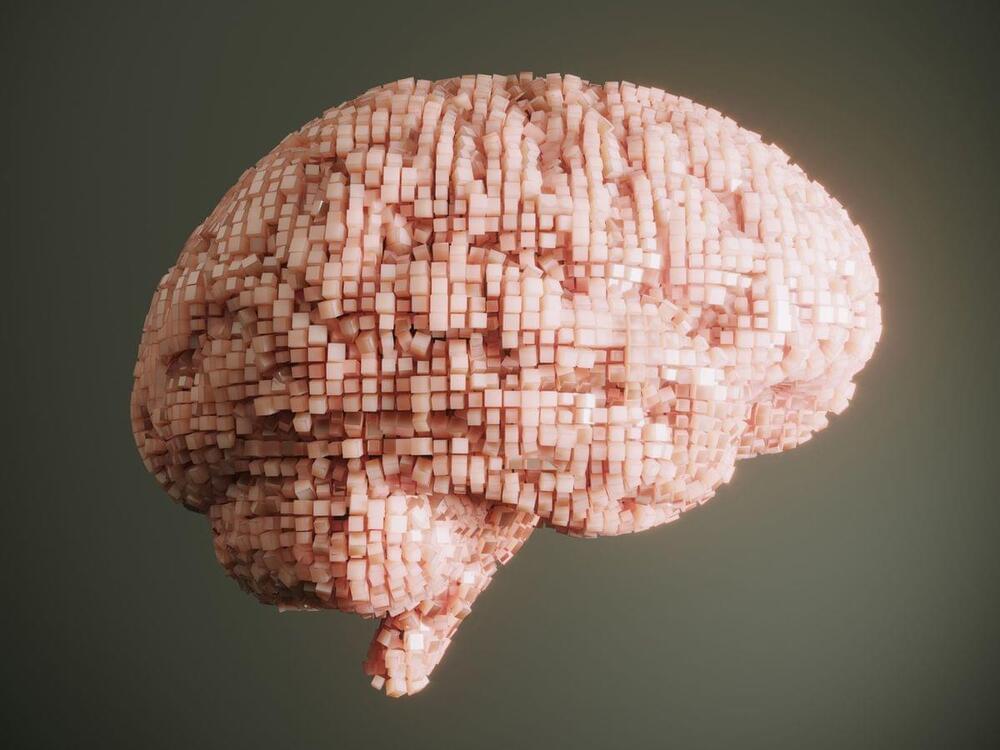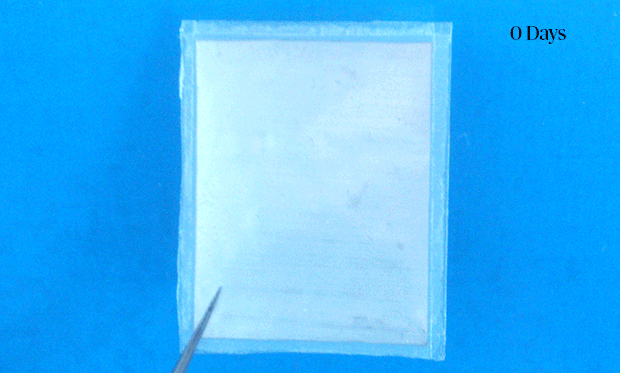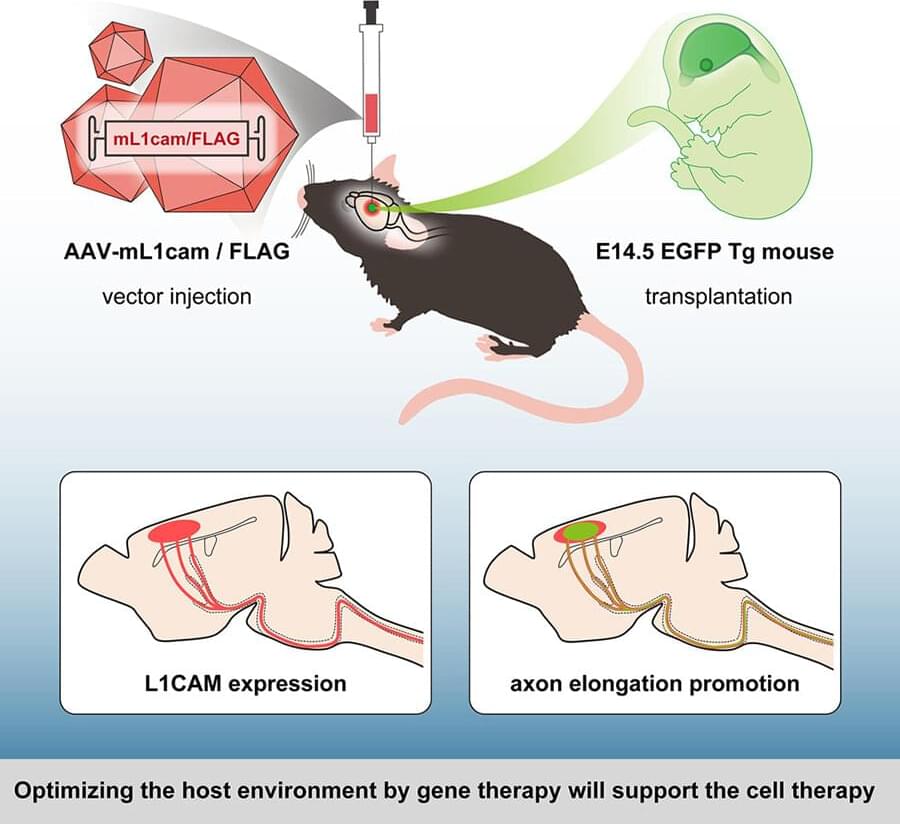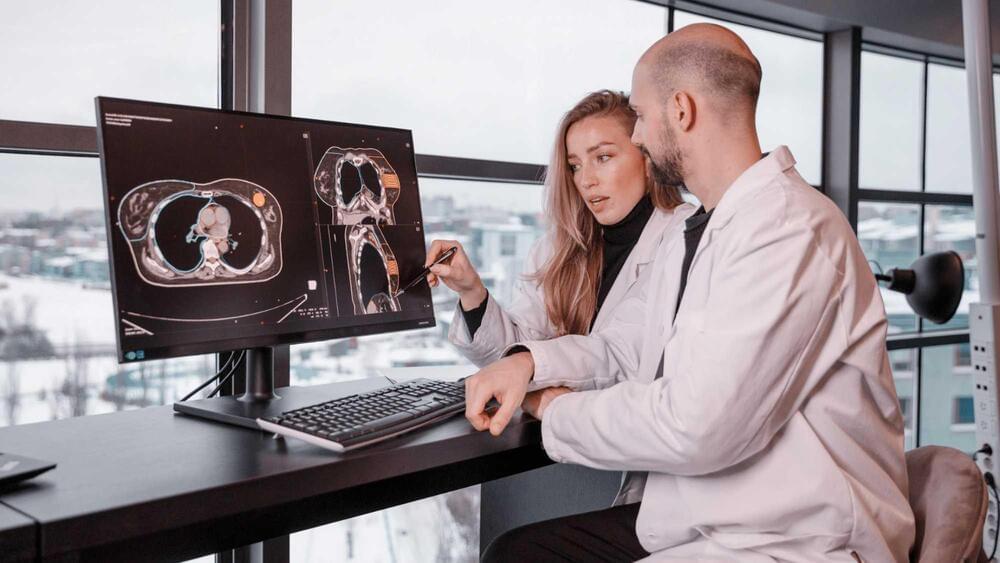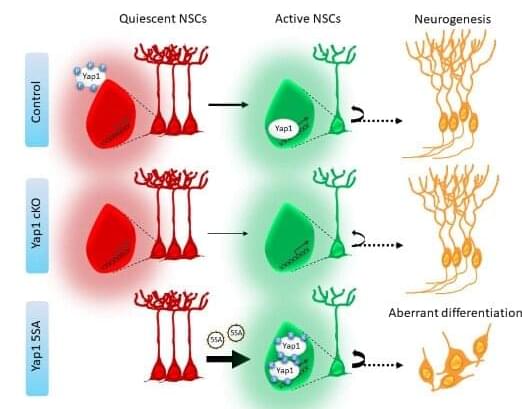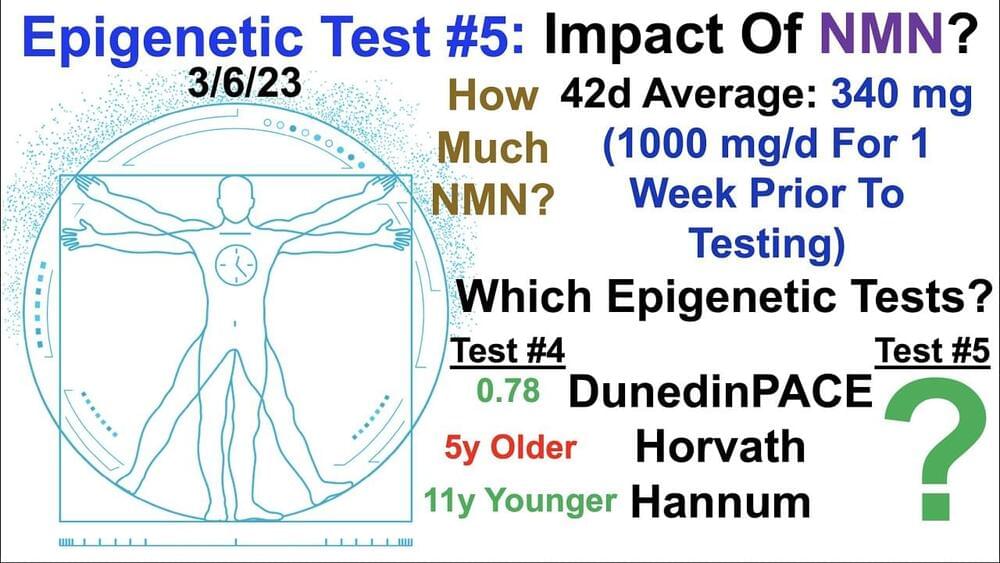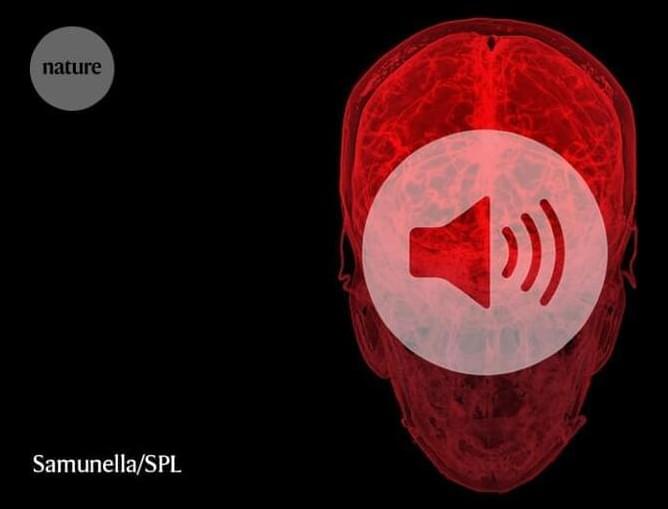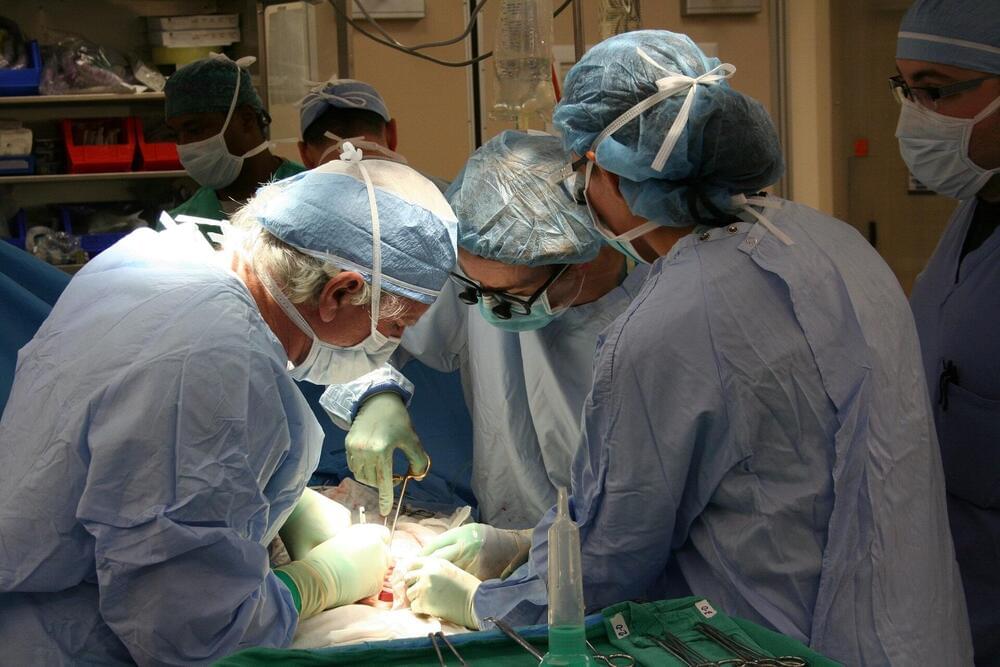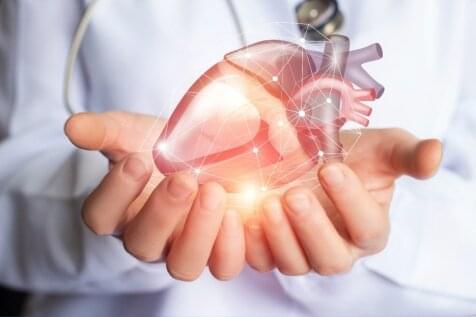Apr 23, 2023
Organoid Intelligence: Computing on the Brain
Posted by Dan Breeden in categories: bioengineering, biotech/medical, robotics/AI
In parallel to recent developments in machine learning like GPT-4, a group of scientists has recently proposed the use of neural tissue itself, carefully grown to recreate the structures of the animal brain, as a computational substrate. After all, if AI is inspired by neurological systems, what better medium to do computing than an actual neurological system? Gathering developments from the fields of computer science, electrical engineering, neurobiology, electrophysiology, and pharmacology, the authors propose a new research initiative they call “organoid intelligence.”
OI is a collective effort to promote the use of brain organoids —tiny spherical masses of brain tissue grown from stem cells—for computation, drug research and as a model to study at a small scale how a complete brain may function. In other words, organoids provide an opportunity to better understand the brain, and OI aims to use that knowledge to develop neurobiological computational systems that learn from less data and with less energy than silicon hardware.
The development of organoids has been made possible by two bioengineering breakthroughs: induced pluripotent stem cells and 3D cell culturing techniques.
